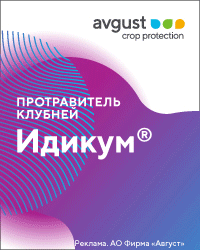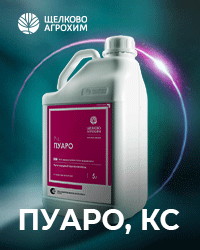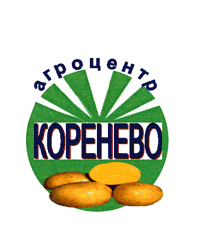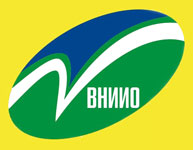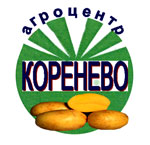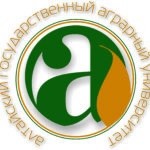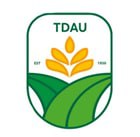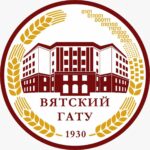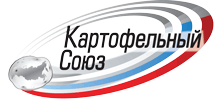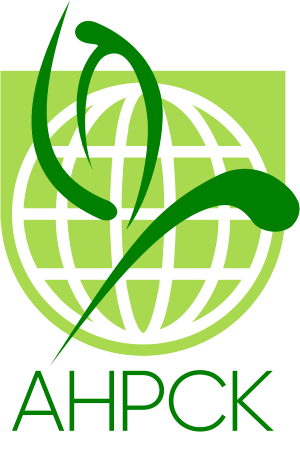UDC 635.21:633.49:631.563
https://doi.org/10.25630/PAV.2025.50.37.004
Kashina Yu.G., Drenova N.V., Zeyruk V.N., Vasilyeva S.V., Belov G.L.
The article presents the results of tests on the responsiveness of four potato varieties of different ripeness groups of universal purpose (Red Scarlett, Darenka, Nevsky, Grand) to doses and methods of applying mineral fertilizers in sandy loam soils of the Moscow region. The best options over the years of research have been options with the use of mineral fertilizers at a dose of N90P90K120 and additional leaf treatment with trace elements. Due to three–fold foliar top dressing with Agrovin Micro agrochemicals at a rate of 2.0 l/ha for critical plant growth phases, the greatest increases in biometric indicators, total and marketable yields, dry matter content, starch, and quality indicators of processed products - crispy, fries, and evacuated potatoes were obtained. In the conditions of the Moscow region, the increase in gross yield, depending on the variety, was 3.5-3.6 t/ha or 23.0-25.6% compared with the control. The number of marketable potatoes exceeded this indicator in the control by 30.5-45.5%. The most suitable for processing into fried potato products (crispy potatoes and fries) from the studied varieties were early Red Scarlett and medium-ripened Grand. All other things being equal, the color index of crispy potatoes and French fries in these varieties was higher by 1.0-1.5 points compared to the average early Nevsky variety. The most suitable varieties for vacuum packaging without the use of preservatives were Red Scarlett and Grand. The index of the pulp's resistance to darkening, depending on the shelf life, was higher in these varieties than in the Darenka and Nevsky varieties by 1.2-2.0 points.
Key words: potatoes, varieties, fertilizers, biometric indicators, yield, biochemical assessment, suitability for processing
Kashina Yu.G., agronomist of the Scientific and Methodological Department of Bacteriology, All-Russian Plant Quarantine Center
Drenova N.V., senior research fellow, Scientific and Methodological Department of Bacteriology, All-Russian Plant Quarantine Center
Zeyruk V.N. (author for correspondence), D.Sci.(Agr.), chief research fellow, Department of Agrotechnology, Russian Potato Research Center. E-mail: vzeyruk@mail.ru
Vasilyeva S.V., Cand. Sci. (Agr.), senior research fellow, Department of Agrotechnology, Russian Potato Research Center
Belov G.L., D.Sci.(Agr.), senior research fellow, Department of Agrotechnology, Russian Potato Research Center
- Zhevora S.V. Development of potato breeding and seed production in the Russia. Potato and vegetables. 2025. No1. Pp. 38-42. https://doi.org/10.25630/PAV.2025.41.86.005 (In Russ.).
- Yashina I.M. The importance of varieties in modern potato production technologies. Actual problems of the modern potato production industry. Materials of the scientific and practical conference «Potato-2010». Cheboksary. 2010. Pp. 41–44 (In Russ.).
- Kashina Yu.G., Pshechenkov K.A., Maltsev S.V. Reaction of potato varieties to weather conditions. Potato and vegetables. 2012. No5. Pp. 5 (In Russ.).
- Belov G.L. Potato protection from fungal diseases, taking into account the stability of the variety in the Central region of the Russian Federation: abstract of the dissertation of the Doctor of Agricultural Sciences. Moscow. 2023. 45 p. (In Russ.).
- Productivity and quality of the new generation of varieties of potatoes. A.E. Shabanov, A.I. Kiselev, L.S. Fedotova, N.A. Timoshina, E.V. Knyazeva. Potato and vegetables. 2019. No3. Pp. 25–27 (In Russ.).
- Productivity and energy efficiency of various potato varieties depending on fertilizer systems. A.A. Molyavko, A.V. Marukhlenko, N.P. Borisova, V.N. Zeyruk, G.L. Belov. Agrochemical bulletin. 2021. No3. Pp. 27–30 (In Russ.).
- Comprehensive assessment of new canteens and potato varieties suitable for industrial processing. I.N. Gasparyan, M.A. Petrova, Sh.V. Gasparyan. Proceedings of the St. Petersburg State Agrarian University. 2023. No5(74). Pp. 25-36 (In Russ.).
- The influence of cultivation conditions on potato yield and quality / L.I. Petrova, Yu.I. Mitrofanov, A.E. Artemyev, N.K. Pervushina. Proceedings of the International Scientific and Practical Conference of the Federal State Budgetary Scientific Institution VNIIMZ, Tver, September 15-16, 2016. Pp. 36–41 (In Russ.).
- Butov A.V., Mandrova A.A. Potato yield and quality at various doses of fertilizers under drip irrigation conditions. Machinery and technology of food production. 2016. No2(41). Pp. 125–131 (In Russ.).
- Zhevora S.V. et al. Methods of conducting agrotechnical experiments, records, observations and analyses on potatoes. FGBNU VNIIKH. Moscow. 2019. 120 p. (In Russ.).
- Methodological guidelines for evaluating potato varieties for suitability for processing and storage. K.A. Pshechenkov, O.N. Davydenkova, V.I. Sedova, S.V. Maltsev, B.A. Chulkov. Moscow. VNIIKH. 2008. 39 p. (In Russ.).
- Dospekhov B.A. Methodology of field experience (with the basics of statistical processing of research results). Moscow. Agropromizdat. 1985. 352 p. (In Russ.).
PDF(Rus)
For citing: Level of mineral nutrition has influence on potato yield and its suitability for processing. Yu.G. Kashina, N.V. Drenova, V.N. Zeyruk, S.V. Vasilyeva, G.L. Belov. Potato and vegetables. 2025. No3. Pp. 39-44. https://doi.org/10.25630/PAV.2025.50.37.004 (In Russ.).

